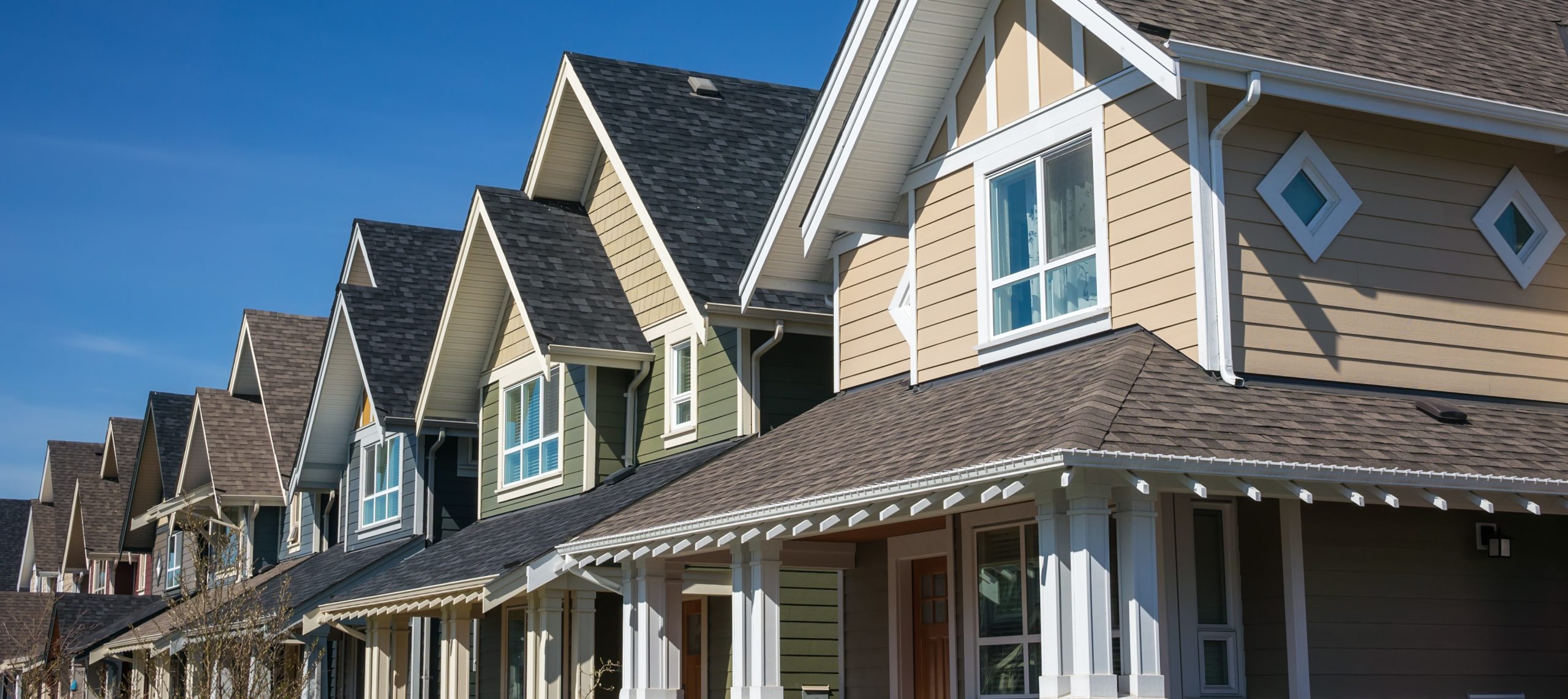Management Rights Businesses in New Zealand are a unique business model which are not always fully understood or appreciated. In this article, commercial property law partner, Chad Danswan, takes a look at what a Management Rights Business is and provides his insights into what should be considered when selling and purchasing such businesses based upon his own commercial and legal experience.
Retirement Village Occupation Right Agreements – Key considerations for potential residents
Are you or your loved one thinking of moving into a retirement village? Moving into a retirement village is a big life decision – is the move right for you? This article outlines some key things to consider before making your next big life decision.

Many New Zealanders move into retirement villages in their later lives. Before making your decision to do so, it is important to consider whether the move is right for you. Here are some key things to consider:
Ownership
When you enter into an agreement with a retirement village in New Zealand (often known as an ‘occupation right agreement’), it is likely that you will be entering into the agreement to purchase a lifetime right to live in a house within the retirement village rather than becoming the legal owner of the house as you would when you purchase a standard residential house. It is also likely that you will not be able to register a mortgage against the title to the house.
Ongoing costs
With most retirement villages, residents make a lump sum payment before they move into their new retirement home. However, on top of the lump sum payment, there may be additional ongoing costs including contribution to the retirement village’s outgoings, additional service costs for additional services received and utility charges. It is important to take note of these additional ongoing costs and consider whether you would be willing and able to meet the costs which you may not incur when living in a house that you own.
Lifestyle
When you live in a retirement village, there will be village rules which you will need to follow. For example, there could be restrictions around the duration and number of guests you can have at your retirement house. There could also be restrictions around having pets or decorating your retirement house. It is important to consider whether these restrictions are acceptable to you as you will be giving up some of the freedoms you would otherwise have when living in a house that you own.
Deferred Management Fee
When you leave the retirement village, the lump sum payment you have made before you moved into the retirement village will often be given back to you minus a ‘deferred management fee’. This fee varies depending on the duration of your stay and depending on which village you sign up with – for example, the fee could be 20% to 30% of your lump sum payment. Further, you will not receive any capital gain when the retirement home that you have occupied is sold, which is different to when you sell your own residential home. Again, it is important to consider whether this type of arrangement is acceptable to you.
Moving into a retirement village is a big life decision. It is therefore important that you understand what you are signing up to and whether moving to a retirement village is suitable for you. The process of moving into a retirement village can feel overwhelming with all the documents that you receive from a retirement village. If you have any questions about your next potential move, feel free to reach out to one of our lawyers here at Harkness Henry.
This article is current as at the date of publication and is only intended to provide general comments about the law. Harkness Henry accepts no responsibility for reliance by any person or organisation on the content of the article. Please contact the author of the article if you require specific advice about how the law applies to you.
For further information



